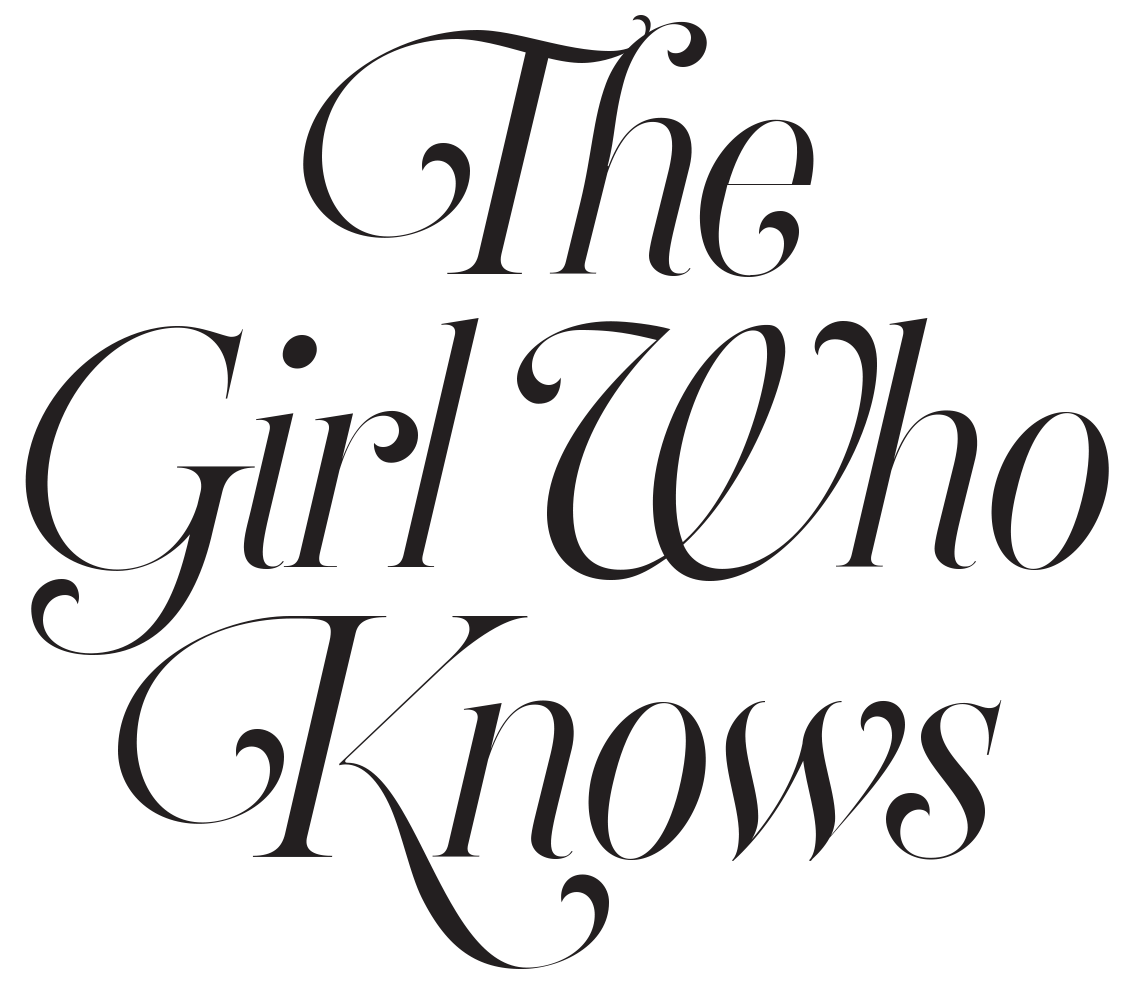We have a lot of relationships in life to keep track of. Friends, romantic partners, siblings, parents, coworkers, bosses . . . and they all require different strategies and balances to keep them healthy. These types of relationships are all so important, but there’s one vital relationship that I think is hugely overlooked by many women: their relationship to food.
We eat food every single day, and we’re going to continue eating food every single day (hopefully) for the rest of our lives. Like interpersonal relationships, your relationship to food requires introspection, balance, and a willingness to be vulnerable in understanding the why behind your eating behaviors.
Lots of people have a ‘normal’, healthy relationship to food, meaning they eat when they’re hungry, stop when they’re feeling full, and eat whatever sounds good in the moment, while also being aware of what would be most nourishing to their body on a physical and soulful level (this can mean spinach some days and Nutella on other days). Bottom line, people with a healthy relationship to food probably aren’t thinking about food too much at all on a daily basis.
Here is a look inside a relationship to food that needs work: Constant thoughts of food, categorizing foods into ‘good’ and ‘bad’, disciplined calculating of what, when, and how much to eat, eating strictly for “fuel” and never for pleasure, ensuring that food consumed gets burned off through exercise, binge eating, feeling out of control around food, fearing certain foods, being overly concerned with the ingredients in food for reasons outside of diagnosed allergies or sensitivities.
If you’re identifying with a lot of the characteristics in the second relationship, don’t feel bad. I would say nearly 100% of women (yes – 100%) have at least somewhat of an unbalanced relationship to food. It’s not anyone’s fault, we’ve just all been brainwashed by messages in the media that thinness equals health, happiness, and beauty, when in reality health is a different size, look, and feel on every person.
Beauty can’t be defined by outer characteristics. And happiness is created, not dependant on what your scale tells you every morning.
So why does our relationship to food matter? How we relate to food translates to how we relate to our body. And for most women, how we relate to our body says a lot about how we relate to ourselves. In short, if you’re afraid of food, you’re afraid that eating something ‘bad’ means you are bad.
Eating a cupcake doesn’t mean you lack willpower, it doesn’t mean you are gluttonous, it doesn’t mean you are a terrible person. It only means that you ate a cupcake. The meanings that we attach to food are made up.
So what can you do to start healing your relationship to food?
- Question everything
If you’re fearing certain foods, ask yourself where the rules of what you should and shouldn’t eat came from. If you feel out of control around food, ask yourself when you learned that you couldn’t be trusted in front of chocolate. The deeper you’re able to dig with this, the more you’ll see that there is nothing wrong with you, but there is something wrong with the messages you’ve received and internalized about what food means to you. - Experiment
Try a fear food here and there to teach yourself that eating a bite of cake won’t destroy you, cause you to gain 100 pounds overnight, or turn you into a food monster. Experiment with letting go of your diet for a day and eating what sounds good to you- you might be surprised that your body does actually crave healthy foods most of the time. This is because no one’s body actually wants to eat 100 Oreos in a row, because then you’d feel bad, and no one’s body wants that. Experiment with different forms of exercise because they feel good, and not because they burn the most calories. - Show a little body love
Again, your relationship to food is always connected to body image. I love doing rituals every day that focus on giving your body some love, instead of pinching at her and dissecting what needs to be changed. Get naked and dance in front of the mirror, rub coconut oil on your skin, or do some gentle yoga or dance instead of hardcore cardio when you’re feeling tired.
Healing your relationship to food doesn’t happen overnight, but it can happen. It takes deep inner work, a lot of trust, and patience. But you’ll soon see that changing your relationship to food changes how you relate to the world, and helps you fall in love with yourself all over again.
xo,
Kyla


